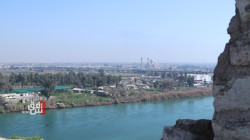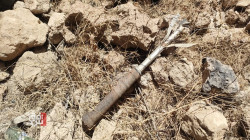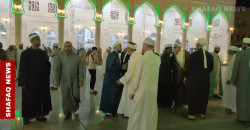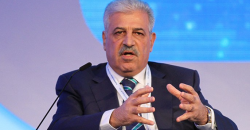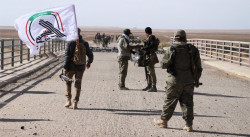Bombs discovered in Mosul's al-Nuri mosque, but reconstruction work resumed
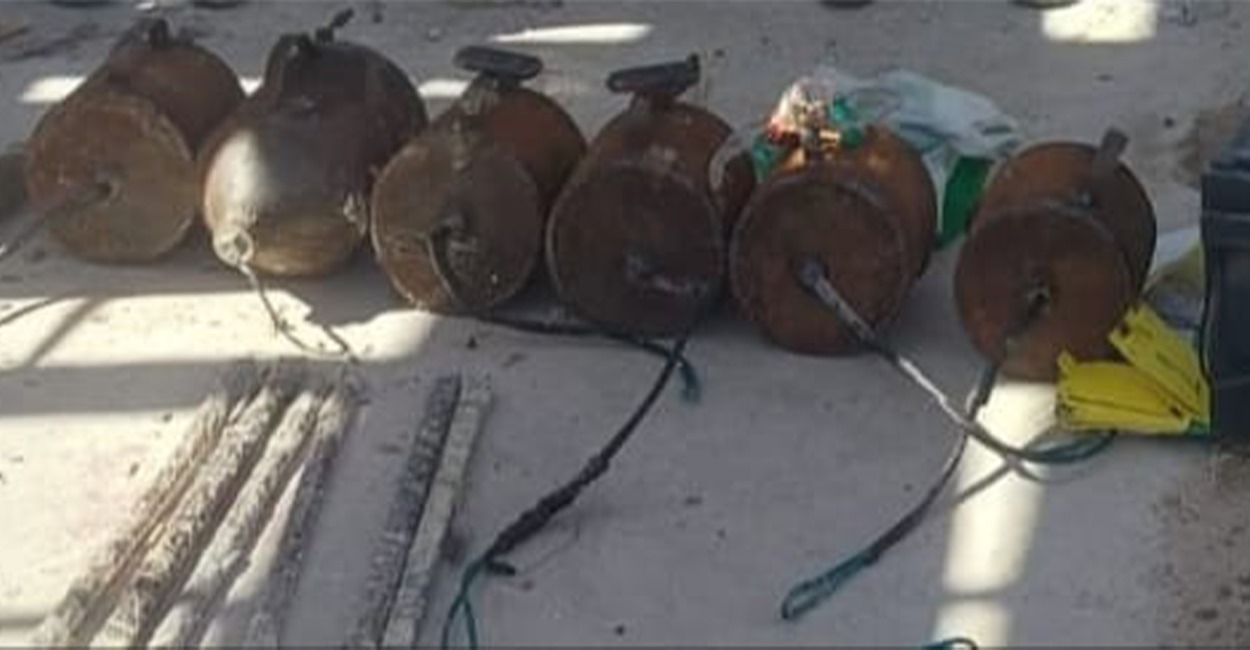
Shafaq News/ Six improvised explosive devices (IEDs) were discovered and safely detonated on Sunday inside the historic al-Nuri Mosque in Mosul, as statement by the Nineveh Governorate's Bomb Disposal Directorate said.
The discovery had prompted a temporary halt in UNESCO's restoration work at the site.
"Nineveh Bomb Disposal Squads were able to dismantle six locally made IEDs inside the Great Mosque of al-Nuri," a security source in Nineveh told Shafaq News Agency.
The source added that "the bomb squad assured UNESCO about the resumption of its work after the completion of the removal of the explosives and the cleaning of the site."
On Saturday, a security source in Nineveh had revealed that UNESCO had halted its work at the Great Mosque of al-Nuri, which is being reconstructed with funding from the United Arab Emirates and, following the discovery of five IEDs from ISIS remnants under the mosque's mihrab.
The al-Nuri Mosque is one of Iraq's historical mosques, built by Nur al-Din Zangi in 1172 AD. It is located on the west bank of Mosul, and the area surrounding the mosque is called the Great Mosque neighborhood.
The mosque is considered the second mosque to be built in Mosul after the Umayyad Mosque, and it has been rebuilt several times, the last of which was in 1944 AD.
In 2014, ISIS leader Abu Bakr al-Baghdadi declared his so-called caliphate from the mosque's pulpit in June of that year.
In June 2017, as Iraqi forces advanced to liberate the area, ISIS blew up the mosque's iconic al-Hadba minaret.
In 2018, UNESCO announced the reconstruction of the mosque and the surrounding neighborhoods as part of the Reviving the Spirit of Mosul initiative, with support and funding from several international organizations and the UAE.
